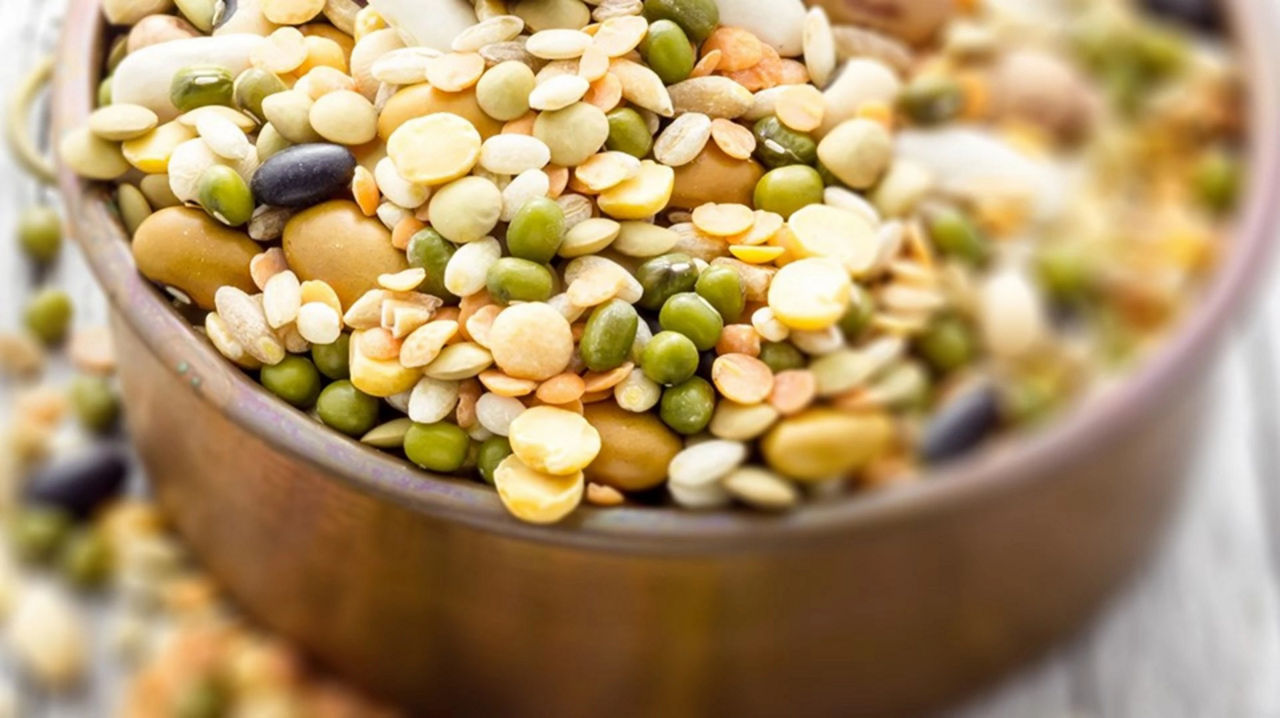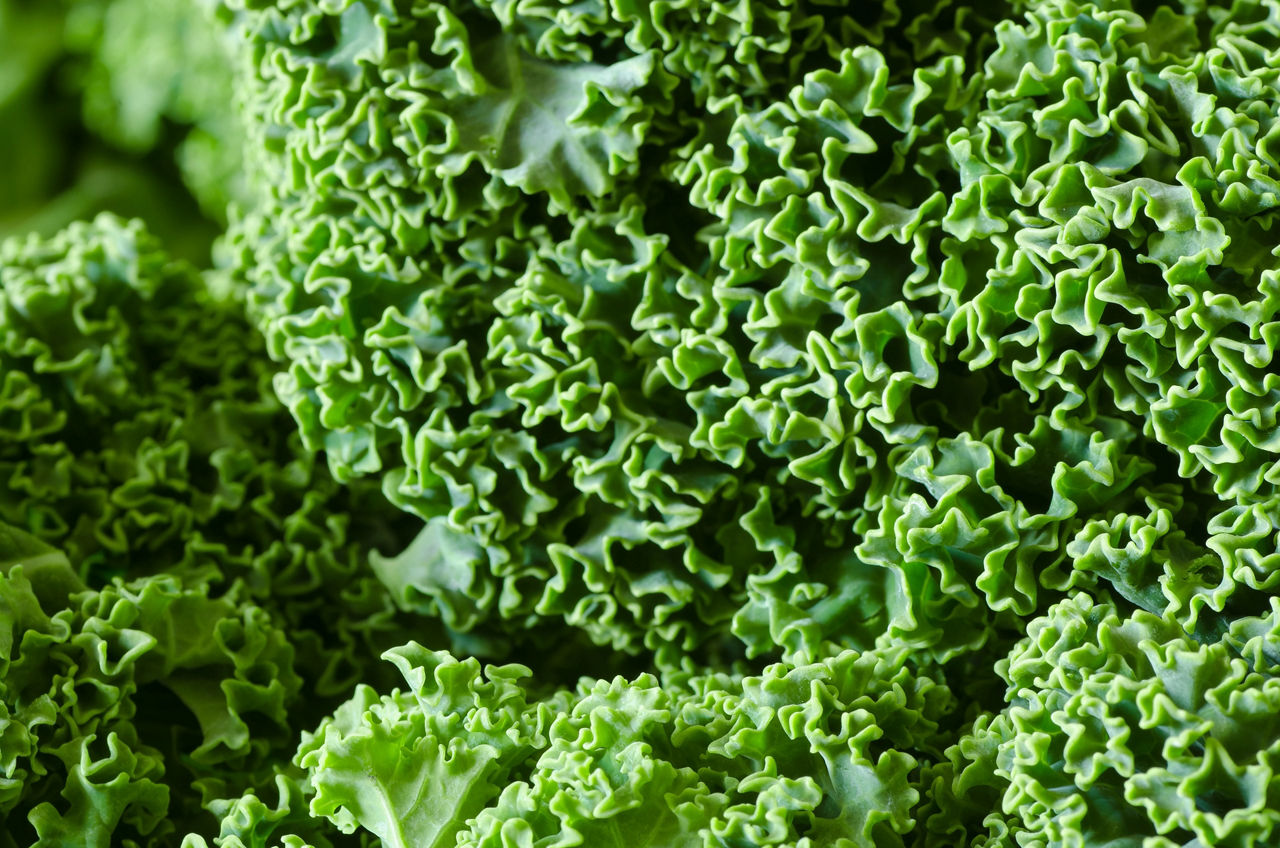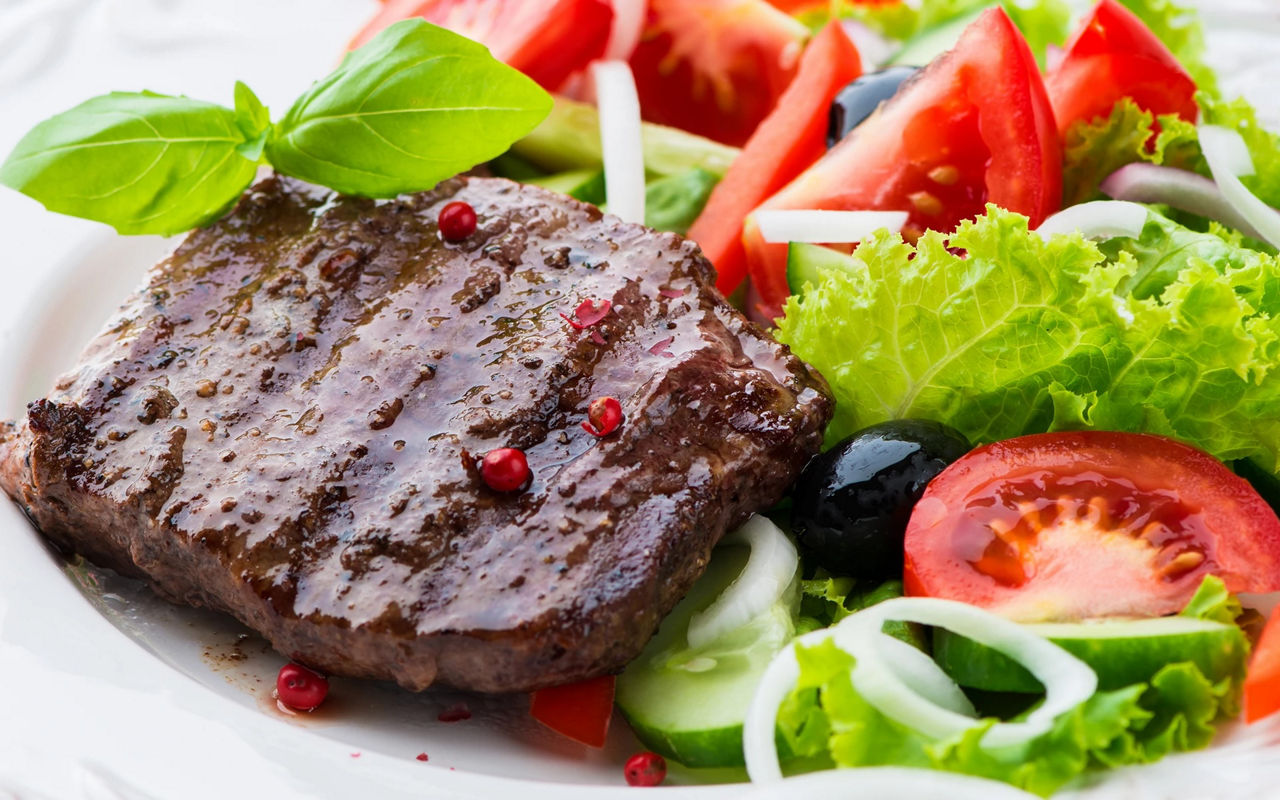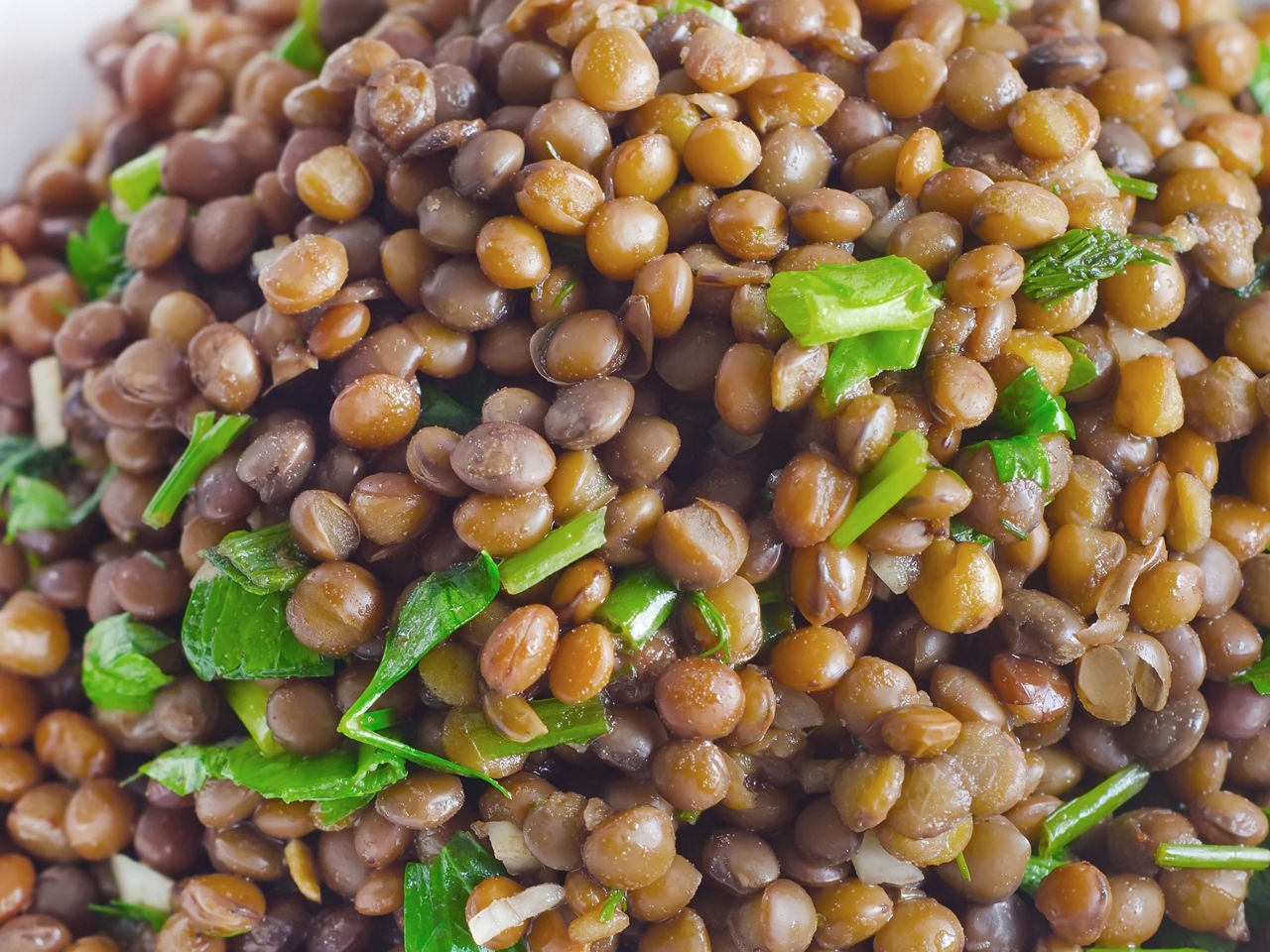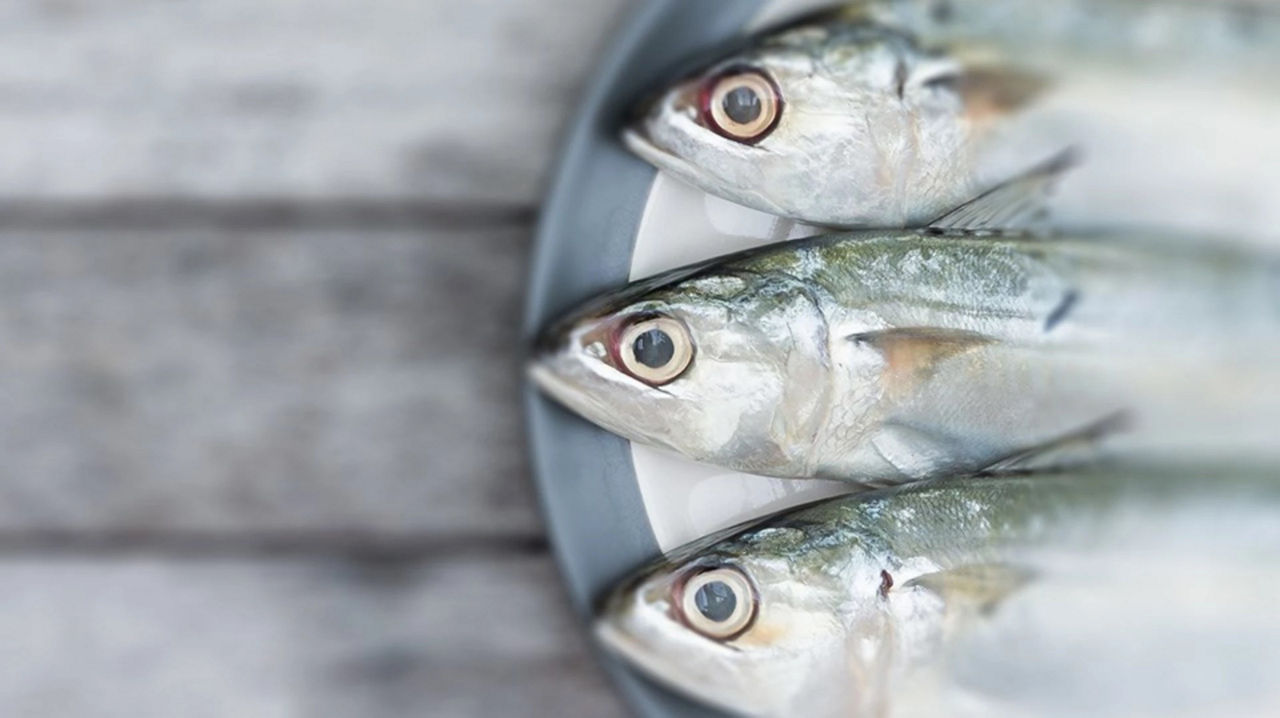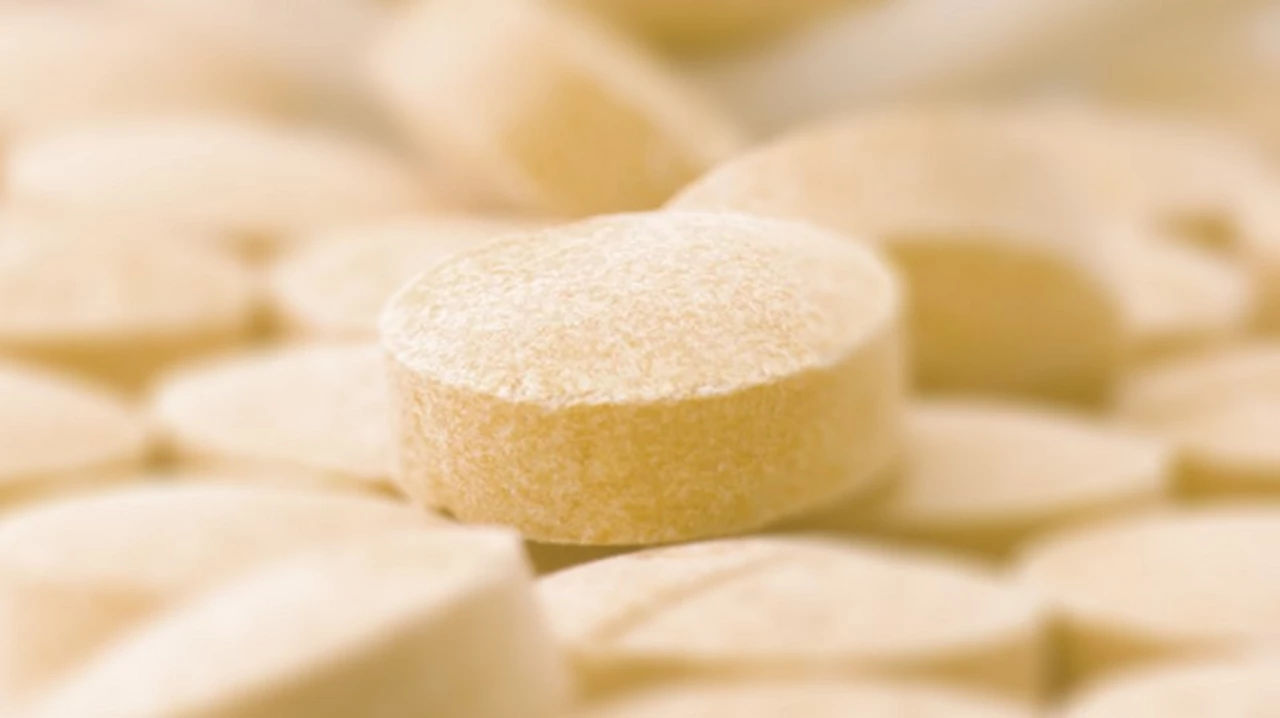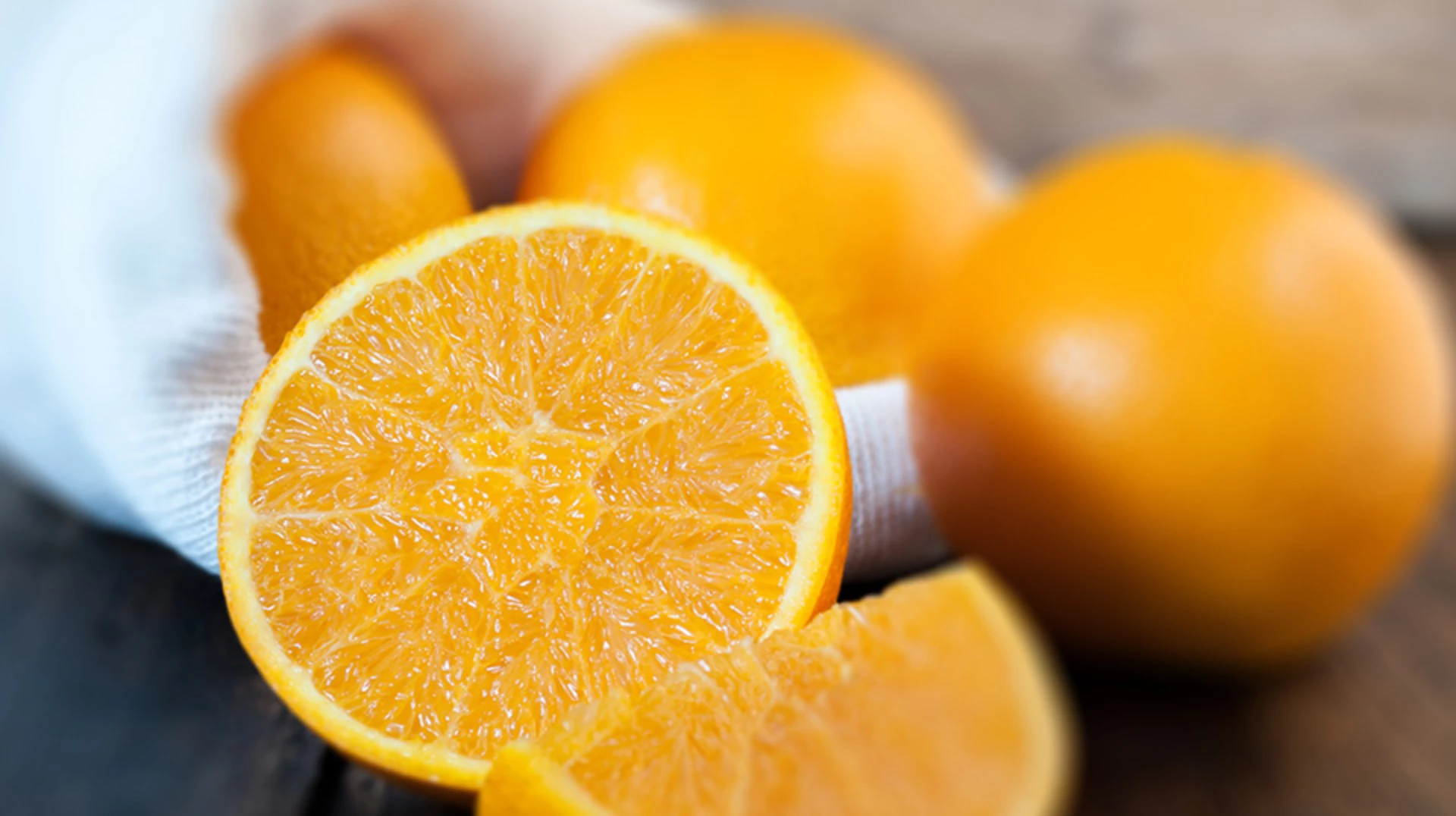Brain food
The importance of iron
Iron is an important mineral to include in your pregnancy diet. It supports your baby’s developing brain and helps to maintain a healthy supply of oxygen in the blood. Surprisingly, even though your body uses more iron than usual, your daily requirement for iron rich foods in pregnancy is the same as it was before. Learn how your body naturally compensates for the higher demand, and how to maintain a healthy intake.
